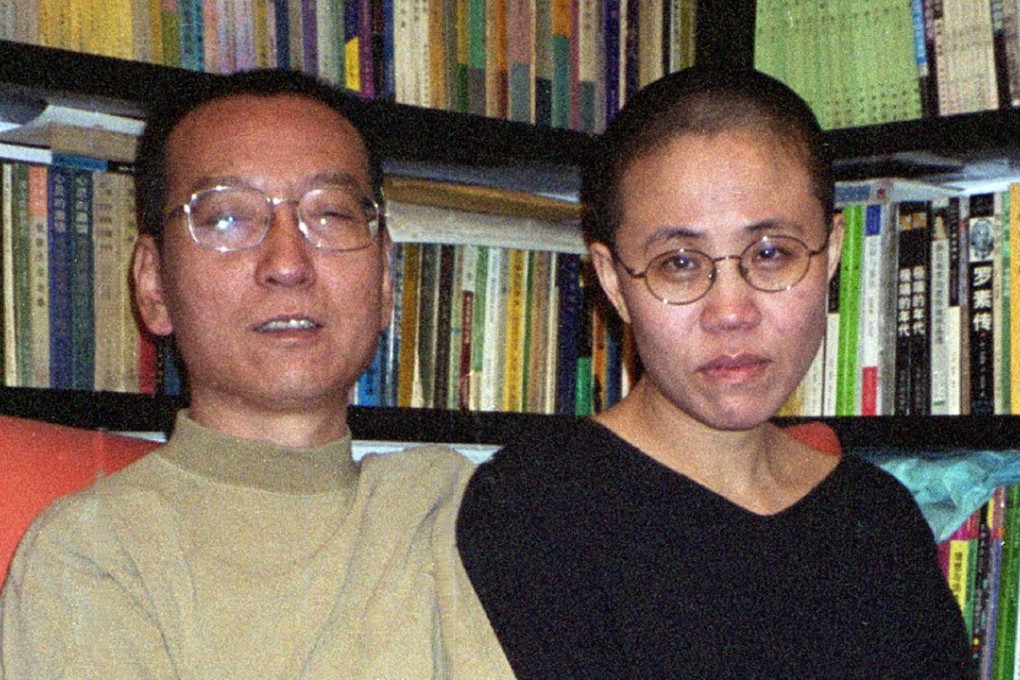China’s human rights record won’t be on Donald Trump’s agenda, activists fear
US president’s visit to Beijing an opportunity to improve situation of political prisoners like Liu Xia, but it’s unlikely he will take it

Human rights campaigners are hoping US President Donald Trump will press China’s President Xi Jinping on the issue when the pair meet this week, but they will not be holding their breath.
Most activists said they were not optimistic that the visit would improve the situation facing China’s political prisoners, especially those like Liu Xia, the widow of Nobel Peace Prize winner Liu Xiaobo.
“Trump doesn’t care about human rights, [but I] will not give up as long as there is a possibility,” veteran activist Hu Jia, who has been campaigning for human rights in China for the past 17 years, said.
“The visit is an opportunity to solve Liu Xia’s problems. It just depends whether Trump will grab it,” he said.
“Just a tweet or a brief private conversation would make a difference.”